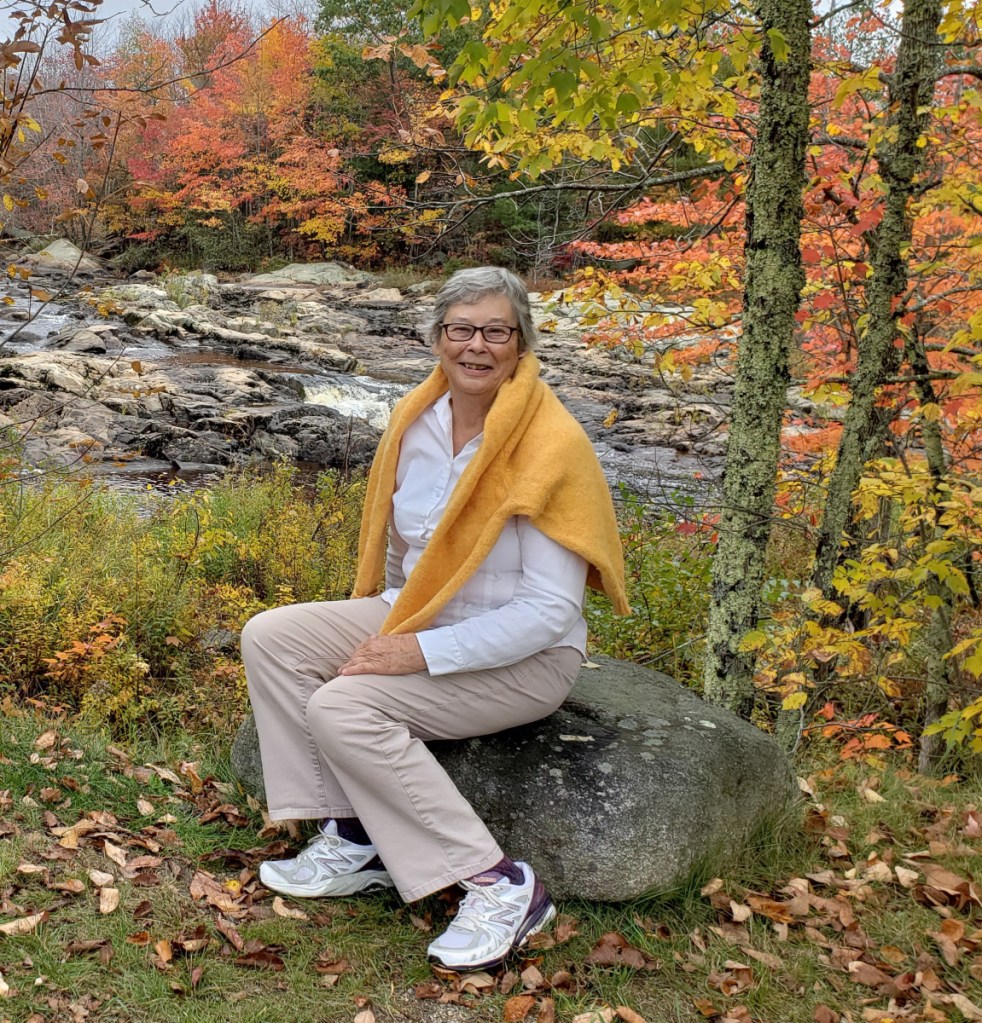At the age of 5, I announced to my parents that I wanted to learn how to read music. I wowed them with what they thought was my “absolute pitch” because without looking, I could identify all eight notes of one octave, starting with middle C. They rushed me to a guest organist who was visiting our church on Sunday. Lo and behold he pronounced that I indeed had this marvelous talent. So, for the next eight years I took piano lessons. Very soon it was discovered that I did not have absolute/perfect pitch. However, my folks were convinced that I should practice my lessons one hour a day, including music theory. I was spared a metronome which might or might not have improved my timing and rhythm.
I took my lessons in the picturesque Down East Maine town of Addison, a half-hour drive from my hometown of Cherryfield. On this weekly drive, my dad, a country doctor, liked to talk to me about visiting his patients and I liked to talk to him about my friends and school.
My teacher, Mrs. Preble, lived in a large home overlooking the Pleasant River, a tidal river that weaved in and around Addison and South Addison until it reached the Atlantic Ocean. While my teacher and my dad talked about politics and world affairs, I looked out the window at the marsh grass growing down to the river’s edge. I soon figured out the longer they talked, the less time I had to make mistakes on those difficult pieces I ruefully should have practiced more.
My favorite songs to play were the hymns we sang in church, but my piano teacher liked to challenge me. I don’t mean that she wasn’t a patient teacher because she was very patient. I was hopeless in fingering and in playing any piece with more than two sharps or three flats. She did not approve of the new rock ‘n’ roll coming out in the ’50s, but I do remember her saying that Elvis Presley had a wonderful voice.
Mrs. Preble wasn’t only a piano teacher; she was also an opera singer who had sung in Europe. She had a full-bodied alto voice she liked to project into every nook and cranny of all the local churches where she was the guest soloist. As I sat in the congregation, I remember being awed by her stage presence – not like sitting in her living room for my private piano lessons.
If you have walked across the stage at recital time, you’ll empathize with me. It’s an excruciatingly long walk to reach the daunting piano at the other end of the stage. When you finally get there and sit down on the bench, your nerves are in shreds and your fingers are numb. You follow an older student who has just performed a lively Sousa march. The clapping for him still rings in your ears. I start to play my Clementi sonatina and Strauss waltz, praying I hit the right notes. I stumble through both pieces and scurry back across the stage while the audience claps politely. Whew – over for another year.
Now in my dotage, I play mostly hymns because they are so easy, predictable, and familiar. I still try to play some Clementi, a few Mozart minuets and Jerome Kern songs when my fingers feel nimbler than usual.
Each time I sit down to play, I am grateful to my parents for giving me the gift of those piano lessons, and my family likes to hear me play.
Comments are not available on this story.
Send questions/comments to the editors.


